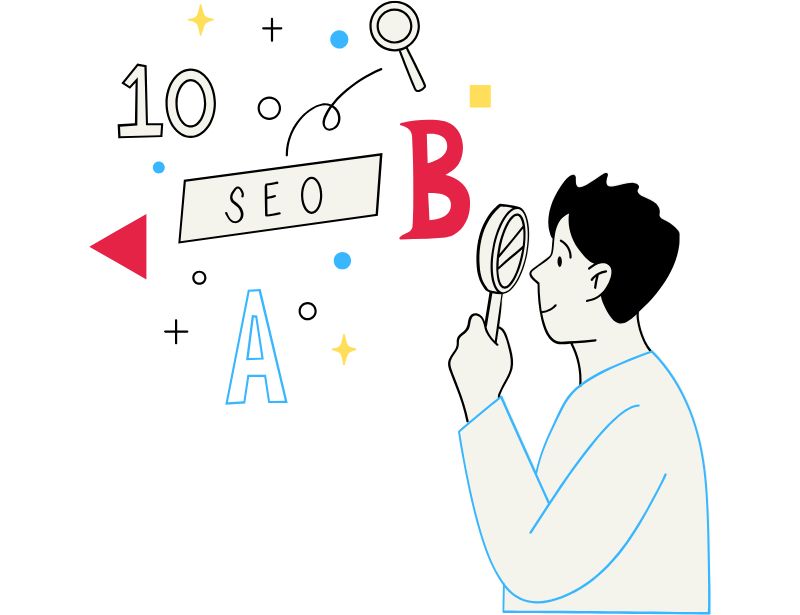“Because relying solely on Google is basically playing the SEO roulette”
The Harsh Truth, Google’s Not What It Used to Be
There was a time when ranking on page one of Google felt like winning the digital lottery. You did the keyword research, optimized your blog, sprinkled in some backlinks like fairy dust, and voilà, traffic!
But 2025? This ain’t that.
Google’s no longer just a search engine. It’s a full-blown AI concierge. It gives people answers without giving you a visit. Your site becomes the ghostwriter for Google’s AI summaries and it doesn’t even say thanks.
The New Gatekeeper, Gemini 2.0
Enter Gemini 2.0, Google’s slick new AI brainchild. It’s conversational, smart, and painfully good at making your content redundant. Ask it anything about coding, math, or productivity hacks, and it gives users a polished response, citing your site somewhere in the fine print, maybe.
For publishers and businesses who built empires on organic traffic, this is the digital equivalent of being quietly replaced by a better-looking robot with better PR.
The worst part? You won’t even realize you’ve lost traffic until your analytics starts looking like it caught a cold.
AI-Only Searches
And then there’s Google’s AI-only search experiment, exclusively available for Google One AI Premium subscribers (because exclusivity makes it feel less brutal, right?). No traditional links. Just a clean AI response window that keeps users inside Google’s gated garden.
Let that sink in, your content could be the source of the answer, but your site doesn’t get the click. You did the work, Google took the credit, and your reward is… invisibility.
Search Neutrality
There was a time when Google played fair. The algorithm was an unpredictable beast, sure, but it was mostly impartial.
Now? Google’s playing favorites, and surprise, surprise, its favorite is itself. “Google Shopping, Google Flights, Google Hotels” those get prime real estate, while independent sites duke it out in the suburbs of page two and beyond.
If you’re building a traffic strategy based purely on search rankings, you’re essentially competing in a race where the referee is also a contestant, and he owns the stadium.
The Bigger Risk: Algorithm Dependency Syndrome™
Relying on one traffic source, any traffic source, s like putting your entire marketing plan on a tightrope during a windstorm.
Every Google update is like entrusting your father with your life. One he’s making promises to your mother, the next day he never comes back with that milk.
When your traffic is tied to an algorithm you don’t control, your business doesn’t have a marketing strategy, it has a Google strategy. And Google does not care about your quarterly goals.
The Rise of Answer Engines
Just when you thought it couldn’t get more competitive, along come AI-first “answer engines” like Perplexity and ChatGPT with browsing, which are designed to replace search, not complement it.
These platforms don’t care about rankings. They pull from multiple sources, summarize instantly, and rarely link out unless the user asks nicely. It’s fast, clean, and terrifying if you’re depending on people landing on your blog.
The world is shifting from “search and explore” to “ask and receive.” And unless you evolve, you’re going to be invisible in both.
So What’s the Move? Diversify Like Your Business Depends on It
Spoiler alert, it does!
If you’ve been putting 90% of your effort into Google search traffic, now’s the time to diversify like you’re building a retirement fund in a recession.
Here’s what’s working in 2025:
Not just mood boards and banana bread anymore. Pinterest is a visual search engine, and its content lasts years. You pin once, it drives traffic forever (well, almost). Oh, and it’s still SEO-friendly, but without the drama.
➤ YouTube
Google owns it, yes, but YouTube’s algorithm favors fresh, engaging content, and creators still have control over CTAs and traffic redirection. Plus, people want long-form answers here. It’s more personal. Because they can look at your face and see your emotions.
➤ Email Lists
Still undefeated. Your email list isn’t affected by algorithm changes. It’s your safety net, your secret weapon, and your lifeline when search engines go rogue.
Final Word: Don’t Be a Single-Source Strategist
Here’s the blunt truth: “Google doesn’t owe you traffic”, I cannot emphasize this enough. Not now, not ever. And if your business model depends on a platform that can erase your visibility with one update, it’s not a strategy, it’s a liability.
The digital world is shifting. Fast. AI is taking the wheel, and users care more about quick answers than where those answers came from.
Your job? Adapt. Spread your visibility. Build assets you own. And for the love of all things SEO, stop treating Google like it’s your one true love. It’s more like an unpredictable situationship.
You deserve better.






